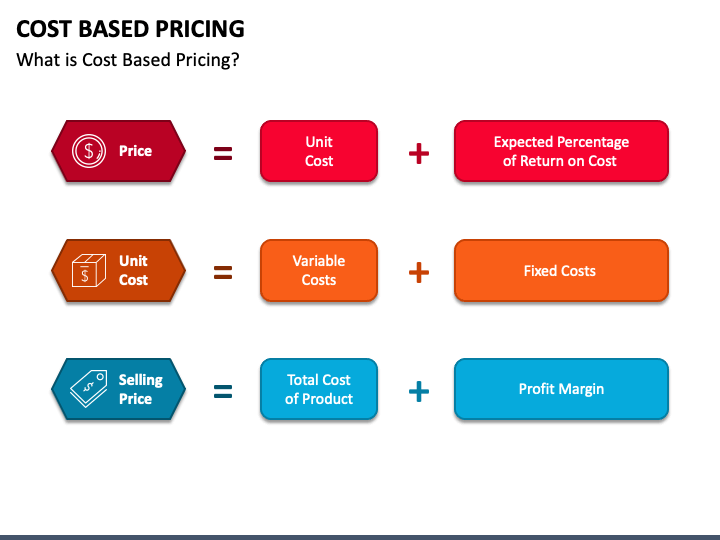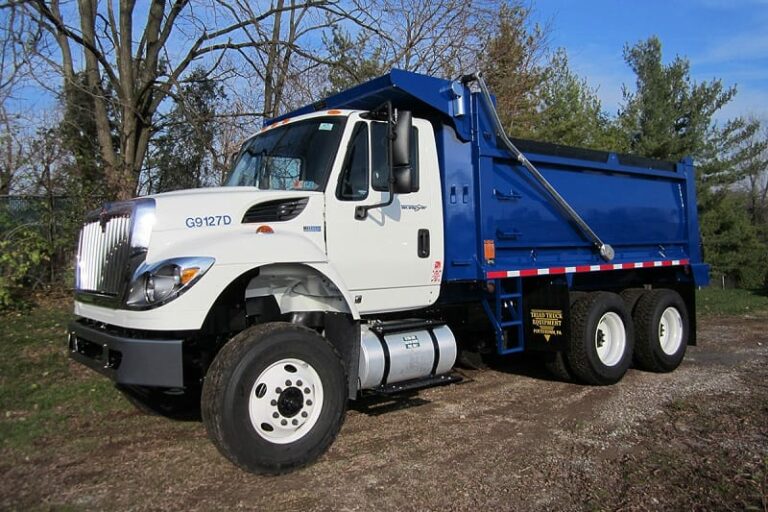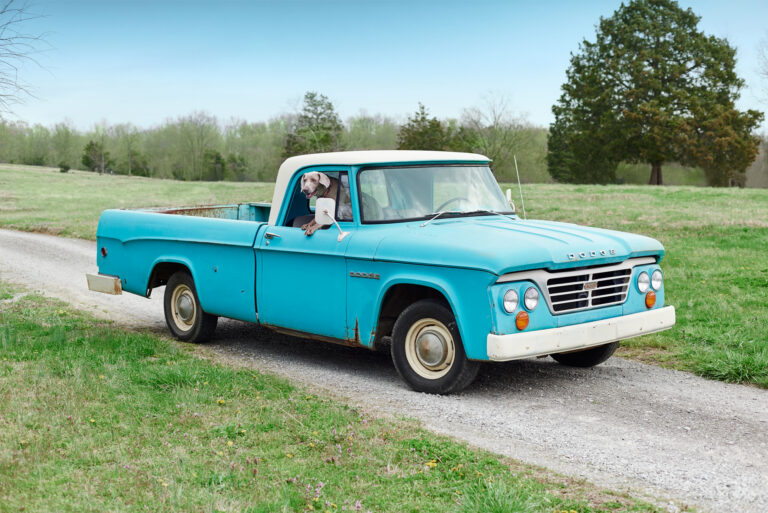Cost To Rent Trailer At Uhaul: A Comprehensive Guide to Your Moving Budget
Cost To Rent Trailer At Uhaul: A Comprehensive Guide to Your Moving Budget cars.truckstrend.com
Moving, whether across town or across the country, often involves a significant logistical challenge: transporting your belongings. For many, renting a trailer from U-Haul presents an appealing, cost-effective solution. U-Haul, a ubiquitous name in DIY moving, offers a wide array of trailers designed to cater to diverse moving needs. However, understanding the "Cost To Rent Trailer At Uhaul" is not always straightforward. It involves more than just a base rental fee; it encompasses a range of factors from the type and size of the trailer to the rental duration, distance, and additional services.
This comprehensive guide aims to demystify the expenses associated with U-Haul trailer rentals. We’ll delve into the various types of trailers available, the key factors that influence pricing, provide a step-by-step guide to estimating your costs, outline potential hidden fees, and offer practical tips for saving money. By the end of this article, you’ll have a clear understanding of what to expect when budgeting for your next U-Haul trailer rental, ensuring a smoother and more predictable moving experience.
Cost To Rent Trailer At Uhaul: A Comprehensive Guide to Your Moving Budget
Understanding U-Haul Trailer Rental Types
U-Haul offers several categories of trailers, each designed for specific hauling purposes. The type of trailer you choose is one of the most significant determinants of your rental cost.
-
Cargo Trailers: These are enclosed trailers, providing protection from weather and securing your belongings. They are ideal for moving household goods, furniture, or any items that need to be kept dry and safe.
- Sizes: Common sizes include 4’x8′, 5’x8′, 5’x10′, and 6’x12′. The 6’x12′ is the largest and most popular for moving 1-2 rooms of furniture.

-
Utility Trailers: Unlike cargo trailers, utility trailers are open with low sides, making them perfect for hauling oddly shaped items, landscaping materials, construction debris, or small vehicles. They offer flexibility for items that might not fit in an enclosed space.
- Sizes: Available in 4’x7′, 5’x8′, 5’x10′, and 6’x12′ models. Some larger utility trailers come with a ramp for easier loading.

-
Car Trailers (Vehicle Transports): If you need to move a vehicle, U-Haul offers two primary options:
- Auto Transport: A full-size trailer designed to carry the entire vehicle on its platform. It’s suitable for long distances and offers maximum protection for your car.
- Tow Dolly: A smaller, two-wheel trailer that lifts only the front wheels of your vehicle off the ground. It’s generally less expensive than an auto transport and suitable for shorter distances or lighter vehicles.
Choosing the right trailer size and type is crucial for both efficiency and cost-effectiveness. Oversizing means paying for unused space, while undersizing could necessitate multiple trips or a larger, more expensive rental.
Key Factors Influencing U-Haul Trailer Rental Costs
The cost to rent a trailer at U-Haul is not a flat fee. Several variables interact to determine your final price. Understanding these factors is essential for accurate budgeting.
- Trailer Type and Size: As discussed, larger trailers and specialized vehicle transport trailers inherently cost more than smaller cargo or utility trailers. A 6’x12′ cargo trailer will cost more than a 4’x8′ utility trailer.
- Rental Duration:
- Local Rentals (Round Trip): Typically priced on a daily basis. You pick up and return the trailer to the same location. These are generally the most affordable for short-term use.
- One-Way Rentals: Designed for long-distance moves where you pick up the trailer at one U-Haul location and drop it off at another. The cost for one-way rentals is calculated based on the estimated mileage and the number of days allowed for the trip, often resembling a package deal rather than a daily rate. This can significantly increase the total cost compared to local rentals.
- Distance (for One-Way Rentals): The further you plan to travel, the higher the cost of a one-way rental will be. U-Haul’s system automatically calculates this based on your specified pickup and drop-off locations.
- Location and Demand: Pricing can fluctuate slightly based on geographical location and local demand. High-demand areas or peak seasons (e.g., summer months, end-of-month, holidays) may see slightly higher prices or limited availability. Conversely, renting during off-peak times or in less busy locations might offer minor savings.
- Additional Equipment and Services: Beyond the trailer itself, you might incur costs for:
- Hitches and Wiring: If your personal vehicle isn’t already equipped for towing, U-Haul can install a hitch and necessary wiring, which is an additional service charge.
- Insurance: Optional but highly recommended damage coverage plans like Safemove® and Safetow®.
- Moving Supplies: Boxes, packing tape, moving blankets, hand trucks, etc., are extra purchases.
By considering these factors, you can begin to form a realistic estimate of your total U-Haul trailer rental cost.
Estimating Your U-Haul Trailer Rental Cost: A Step-by-Step Guide
Getting an accurate quote from U-Haul is straightforward, but it requires you to have a clear understanding of your moving needs. Follow these steps to estimate your cost:
Step 1: Determine Your Needs
- What are you moving? List all the items to get a sense of volume.
- How much do you have? Estimate the cubic feet or number of rooms.
- What vehicle will you be towing with? Ensure your vehicle has the appropriate towing capacity and is equipped with a hitch and proper wiring (4-flat or 7-way connector). U-Haul provides a useful tool to check if your vehicle is compatible with specific trailers.
Step 2: Choose the Right Trailer Type and Size
- Based on your inventory from Step 1, select the most appropriate trailer type (cargo, utility, or car carrier) and the smallest size that will comfortably accommodate your belongings. Remember, larger sizes mean higher costs.
Step 3: Decide on Rental Type: Local (Round Trip) or One-Way
- Local (Round Trip): If you’re moving within the same city or a short distance and can return the trailer to the original pickup location, this is usually the cheapest option.
- One-Way: If you’re moving to a different city or state, a one-way rental is necessary. Be prepared for a higher overall cost.
Step 4: Get a Quote from U-Haul
- The most reliable way to get a precise cost is directly from U-Haul.
- Online: Visit U-Haul’s official website (uhaul.com). Use their "Trailer Rental" section. Input your desired pickup date, location, drop-off location (if one-way), and trailer type/size. The system will generate an instant quote.
- Phone: Call your local U-Haul dealer or their main customer service line.
- In-Person: Visit a U-Haul location.
- Important: Ensure your quote includes all potential fees and is in writing or saved in your online account.
Step 5: Factor in Additional Costs
- Once you have the base rental price, consider the optional additions:
- Insurance: Decide if you want to purchase U-Haul’s Safetow® coverage.
- Hitch Installation: If needed, get a quote for this service.
- Moving Supplies: Budget for boxes, tape, blankets, and dollies.
- Fuel: Don’t forget the cost of fuel for your towing vehicle, which will likely consume more fuel while towing.
By following these steps, you can build a comprehensive and accurate estimate for your U-Haul trailer rental, preventing any unwelcome surprises on moving day.
Detailed Price Table: Estimated U-Haul Trailer Rental Costs
The following table provides estimated price ranges for U-Haul trailer rentals. Please note that these are estimates and actual prices can vary significantly based on location, demand, rental duration, and the specifics of your one-way trip (distance, time of year). Always get a direct quote from U-Haul for the most accurate pricing.
| Trailer Type | Size | Estimated Local Daily Rate (Round Trip) | Estimated One-Way Rental Range (Based on Distance/Duration) | Primary Use Case |
|---|---|---|---|---|
| Cargo Trailers | 4’x8′ | $14.95 – $19.95 | $100 – $350+ | Small moves, dorm rooms, boxes |
| 5’x8′ | $19.95 – $24.95 | $150 – $500+ | Studio/1-bedroom apartment, larger boxes | |
| 5’x10′ | $24.95 – $29.95 | $200 – $650+ | 1-2 bedroom apartment, some furniture | |
| 6’x12′ | $29.95 – $34.95 | $250 – $800+ | 2-3 bedroom home, larger furniture, appliances | |
| Utility Trailers | 4’x7′ | $14.95 – $19.95 | $90 – $300+ | Small equipment, yard waste, DIY projects |
| 5’x8′ | $19.95 – $24.95 | $120 – $400+ | ATV, motorcycle, larger landscaping items | |
| 5’x10′ | $24.95 – $29.95 | $150 – $550+ | Small car, larger equipment, bulk materials | |
| 6’x12′ | $29.95 – $34.95 | $200 – $700+ | Larger equipment, multiple items, construction | |
| Car Trailers | Tow Dolly | $49.95 – $59.95 | $150 – $600+ | Front-wheel drive vehicles, shorter distances |
| Auto Transport | $64.95 – $79.95 | $250 – $900+ | All vehicle types, long distances, maximum security |
Note: The "Estimated One-Way Rental Range" is highly variable. A cross-country trip will be at the higher end, while a shorter inter-city move will be lower. These ranges also do not include taxes, insurance, or other add-ons.
Beyond the Base Price: Hidden & Additional Costs to Consider
While the base rental fee forms the core of your budget, several other expenses can add up. Being aware of these can help prevent financial surprises.
- Sales Tax: Varies by state and locality. This will be added to your total rental cost.
- Environmental Fee/Admin Fee: Some locations or rental types might include a small, non-negotiable administrative or environmental fee.
- Insurance (Safemove® / Safetow®): While optional, U-Haul offers damage waivers that protect you from financial liability for damage to the trailer.
- Safetow®: Specifically for trailers, it covers accidental damage to the U-Haul trailer, supplementary medical and life coverage, and cargo protection. It typically costs an additional $8-$15 per day, depending on the trailer type and location. While your personal auto insurance might cover some liability, it’s crucial to check with your provider, as many do not cover damage to rented trailers.
- Hitch and Wiring Installation: If your vehicle isn’t equipped to tow, U-Haul offers hitch installation services. This can range from $150 to $400+ depending on the vehicle and specific components needed (hitch receiver, ball mount, wiring harness).
- Moving Supplies: Don’t forget essentials like moving boxes, packing tape, bubble wrap, furniture pads/blankets, utility dollies, and appliance dollies. These are sold separately and can add a significant amount to your total moving budget.
- Fuel Costs: Your towing vehicle will consume more fuel when pulling a trailer, especially with heavy loads or on inclines. Factor in a higher fuel budget for your trip.
- Late Return Fees: U-Haul charges penalties for trailers returned past the agreed-upon date and time. These can be substantial, often equivalent to an additional day’s rental or more.
- Cleaning Fees/Damage: Return the trailer clean and in the same condition you received it to avoid potential cleaning or damage repair fees.
Always request a detailed breakdown of all costs before finalizing your reservation to ensure full transparency.
Tips for Saving Money on U-Haul Trailer Rentals
While some costs are unavoidable, there are several strategies you can employ to minimize your U-Haul trailer rental expenses:
- Book in Advance: Especially for one-way rentals or during peak moving seasons (summer, end of the month), booking several weeks in advance can secure better rates and ensure availability.
- Be Flexible with Dates: If possible, try to rent mid-week (Tuesday-Thursday) or during off-peak seasons. Prices and availability are often better outside of weekends and summer.
- Compare Local vs. One-Way Pricing: For shorter distances (e.g., within 50-100 miles), sometimes making two round trips with a local rental can be cheaper than a one-way rental, even with the added fuel and time. Calculate carefully.
- Choose the Smallest Necessary Trailer: Accurately estimate your belongings to avoid renting a larger, more expensive trailer than you need. Efficient packing can help you fit more into a smaller space.
- DIY Hitch Installation (If Capable): If you’re mechanically inclined, purchasing and installing a hitch kit yourself can be cheaper than U-Haul’s installation service, though ensure it’s done correctly and safely.
- Review Insurance Needs: While Safetow® is recommended, check with your personal auto insurance provider. Some policies offer limited coverage for rented trailers. Understand your existing coverage before opting in or out.
- Return on Time and Clean: Avoid late fees by returning the trailer promptly. Ensure it’s swept clean and free of debris to prevent cleaning charges.
- Pack Smart: Distribute weight evenly within the trailer to ensure stable towing and reduce strain on your vehicle, potentially improving fuel efficiency.
Frequently Asked Questions (FAQ)
Q1: Do I need a special driver’s license to tow a U-Haul trailer?
A1: In most U.S. states and Canadian provinces, a standard driver’s license is sufficient to tow a U-Haul trailer for personal use, as long as the combined weight of the towing vehicle and trailer does not exceed specific limits (which most U-Haul consumer trailers fall under). Always check your local Department of Motor Vehicles (DMV) regulations to be certain.
Q2: Can I rent a trailer one-way?
A2: Yes, most U-Haul cargo trailers, utility trailers, and all vehicle transport trailers (Auto Transport and Tow Dolly) are available for one-way rentals, allowing you to pick up at one location and drop off at another. This is standard for long-distance moves.
Q3: What kind of vehicle do I need to tow a U-Haul trailer?
A3: Your vehicle must have the appropriate towing capacity for the trailer and its loaded weight. It also needs a proper hitch receiver, hitch ball, and functional lighting connections (4-flat or 7-way). U-Haul’s website has a helpful tool where you can input your vehicle’s make and model to determine its towing compatibility with their trailers.
Q4: Is U-Haul trailer insurance (Safetow®) required?
A4: No, U-Haul’s Safetow® coverage is optional. However, it is highly recommended as it protects you from financial liability for accidental damage to the U-Haul trailer, among other benefits. Many personal auto insurance policies do not extend coverage to rented trailers, so it’s crucial to verify your existing coverage.
Q5: What happens if I return the trailer late?
A5: U-Haul charges late fees for trailers returned past the agreed-upon date and time. These fees can be significant, often equivalent to an additional day’s rental or more, so it’s vital to return the trailer on time or contact U-Haul in advance if you anticipate a delay.
Q6: Can I pick up and drop off a trailer at different U-Haul locations?
A6: Yes, this is the core feature of a one-way rental. You specify your desired pickup and drop-off locations when making your reservation. For local rentals, you typically pick up and return to the same location.
Conclusion
Renting a trailer from U-Haul can be an incredibly efficient and economical way to manage your moving or hauling needs. However, a clear understanding of the "Cost To Rent Trailer At Uhaul" is paramount to avoiding unexpected expenses and ensuring a smooth experience. By familiarizing yourself with the different trailer types, the key factors influencing pricing (such as duration, distance, and location), and potential additional costs like insurance or hitch installation, you can create an accurate budget.
Leveraging U-Haul’s online quoting system, considering off-peak rentals, and applying smart packing strategies can further optimize your costs. While the base rental fee is often quite affordable, remember to account for all variables to gain a comprehensive financial picture. With careful planning and informed decisions, your U-Haul trailer rental can be a truly cost-effective solution, empowering you to take control of your move with confidence.







